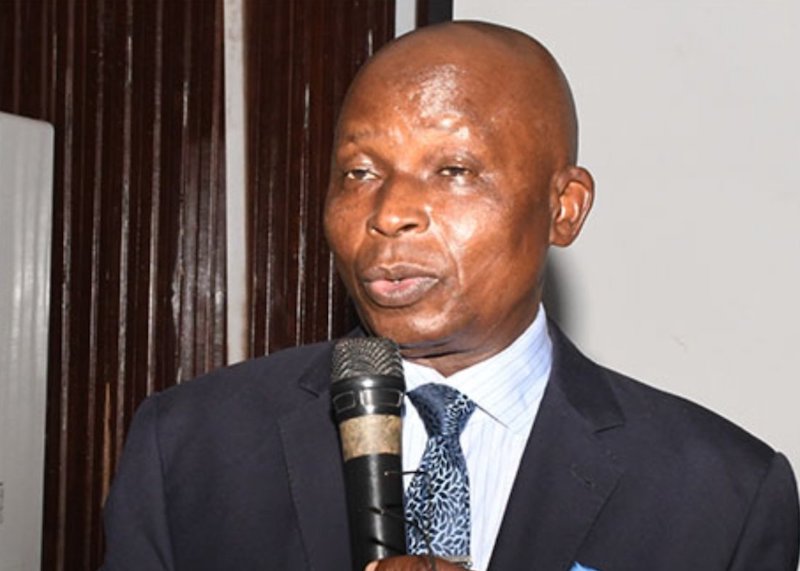The Federal Government has thrown its weight behind stakeholders’ calls for the establishment of Restorative Justice Centres in the country.
Mrs Beatrice Jedy-Agba,mni, the Solicitor-General of the Federation, said this at the Validation Session of Restorative Justice Documents; the Policy, Bill, Practice Direction, and Training Manual on Thursday in Abuja.
The programme was organised by the Ministry of Justice and sponsored by UNODC.
“These centres will run as forms of alternative dispute resolution and will be deployed as tools for decongesting many of the less serious cases in the docket of the courts.
“This will invariably decrease the overcrowded correctional centres.
“It is proposed that the centres will receive referrals from the police, courts and prosecutors to settle some criminal matters amicably’’.
She called for support for government policies towards reforming the criminal justice system, through developing restorative justice mechanisms.
“The criminal justice system faces tremendous challenges, ranging from recidivism, prolonged duration for trials, overcrowded custodial centres and the failure of punishment for offences to meet with standards of justice for the victims and survivors of crime.
“These challenges are addressed through restorative justice mechanisms, with the overall objective of improving the criminal justice system.
She explained that restorative justice is an evolving approach to justice that seeks to repair harm by providing an opportunity for those harmed and the perpetrators to communicate and address needs in the aftermath of a crime.
“It gives offenders an opportunity to make amends and to try to correct some of their wrongs and hurt which they may have caused to their victims.
“It is also an innovative approach that has been known to reduce re-offending rates by making the offenders face the consequences of their action’’.
She noted that while the traditional criminal justice process solely focuses on punishment for the offender, restorative justice focuses on victims and survivors who have been harmed by the conduct of the offender.
“Victims are empowered to participate more fully than in the traditional system, and the community also has an important role to play by establishing standards of conduct and helping to provide support to the parties involved.
“I hope that the validation and eventual passage of these legal and regulatory frameworks will serve as model to be adopted by the states’’.
Also speaking, the Inspector-General of Police, IGP Kayode Egbetokun added that as a way of building a more inclusive justice system, police will champion adoption of the restorative system.
“As we review and validate these documents, I urge us to prioritise a justice system that encourages re-integration, the police is committed to work with all stakeholders.
“The concept holds immense potential for nation legal frame work. It encompasses policy, practice direction and training manual of restorative justice.
Mrs Leticia Ayoola-Daniels, Director of Administration of Criminal Justice and Reform Department noted that the ultimate goal is to have a justice system that not only punishes offenders but also heals communities and restores relationships.
“The purpose is not merely a formality but a testament to our dedication to reforming our justice system to better serve our people.
“Restorative Justice represents a paradigm shift from the traditional punitive approach to one that emphasizes healing, rehabilitation, and reconciliation.
“It is relevant now more than ever as we face the challenges of recidivism, overcrowded correctional facilities, and lengthy prosecution processes’’.
Ms Muchaneta Mundopa a representative of UNODC says the documents emphasise Nigeria’s dedication to the Sustainable Development Goals, particularly Goal 16, which focuses on peace, justice, and strong institutions.
“UNODC believes that restorative justice can play a crucial role in achieving this goal by addressing the underlying causes of conflict and promoting a culture of dialogue and understanding within communities.
“We recognise that adopting these documents is the first step in establishing a criminal justice system that provides an opportunity to all affected parties.
“However, the true impact will be experienced through the implementation phase of restorative justice,’’ she added.
She said that in line with the newly revised 2030 Strategic Vision for Nigeria, UNODC is proud and remains steadfastly committed to supporting Nigeria in this transformative journey. (NAN)
By Ebere Agozie




